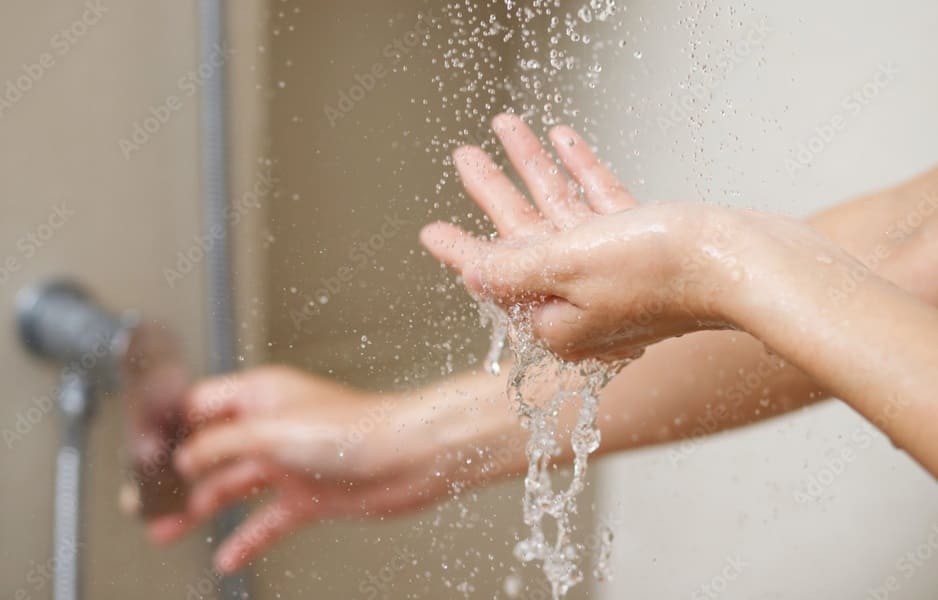Taking cold water baths in winter can be invigorating for some, but it’s not a one-size-fits-all solution. While some people may enjoy the rush of cold water and the potential health benefits it offers, others should think twice before diving in. Understanding who should avoid cold water baths in winter—and why—is crucial to ensuring both safety and comfort during the colder months. In this post, we’ll explore the risks involved, the types of individuals who should steer clear of this practice, and why it’s important to listen to your body’s needs. Whether you’re a cold-water enthusiast or simply curious, knowing when to pass on that icy bath is essential for maintaining your well-being.
Who Should Avoid Cold Water Baths in Winter?
Taking a bath with cold water in winter might sound bracing, but for some people, it can have adverse effects on health and well-being. Let’s dive into who should avoid cold water baths during chilly months and why.
1. People with Respiratory Issues
If you’re prone to conditions like asthma or chronic bronchitis, exposing your body to cold water can trigger respiratory problems. The sudden chill may lead to constricted airways, making it harder to breathe. Warm or lukewarm water is a safer choice.
2. Those with Heart Conditions
Cold water can shock your system, leading to a rapid increase in heart rate and blood pressure. For individuals with cardiovascular issues, this sudden strain can be risky. If you have a history of heart problems, it’s better to stick to warm showers.
3. Elderly Individuals
As we age, our body’s ability to regulate temperature diminishes. Bathing in cold water during winter can cause a significant drop in body temperature, increasing the risk of hypothermia. Warm baths help maintain a stable core temperature.
4. People with Arthritis or Joint Pain
Cold water can exacerbate stiffness and discomfort in joints, especially for those suffering from arthritis or chronic joint pain. Warm water, on the other hand, soothes and relaxes stiff muscles and joints.
5. Individuals with Weakened Immune Systems
If you’re recovering from an illness or have a compromised immune system, cold water baths can weaken your body’s defenses further. Warm baths are not only comforting but also help improve circulation and aid in faster recovery.
6. Children and Infants
Young children and babies lose body heat faster than adults, and their systems are less equipped to handle cold temperatures. Giving them a cold bath in winter can lead to chills and discomfort. Always use warm water for their baths.
7. Pregnant Women
While there’s no universal restriction, bathing with cold water during winter might be uncomfortable and can strain the body during pregnancy. Warm baths help relax muscles and provide comfort.
8. People with Skin Sensitivities
Cold water can dry out your skin, especially in winter when the air is already dry. Those with eczema, psoriasis, or other skin sensitivities may experience flare-ups after cold water exposure. Opt for lukewarm water to protect your skin barrier.
Benefits of Warm Water in Winter
For most people, a warm bath is a better choice during winter. It helps:
- Relieve muscle tension
- Improve blood circulation
- Relax the body and mind
- Maintain a stable body temperature
Final Thoughts
While cold water baths might be invigorating for some, they’re not suitable for everyone, especially during the cold winter months. If you fall into one of the categories mentioned above, prioritize your comfort and health by opting for a warm bath instead.
Also Read:
